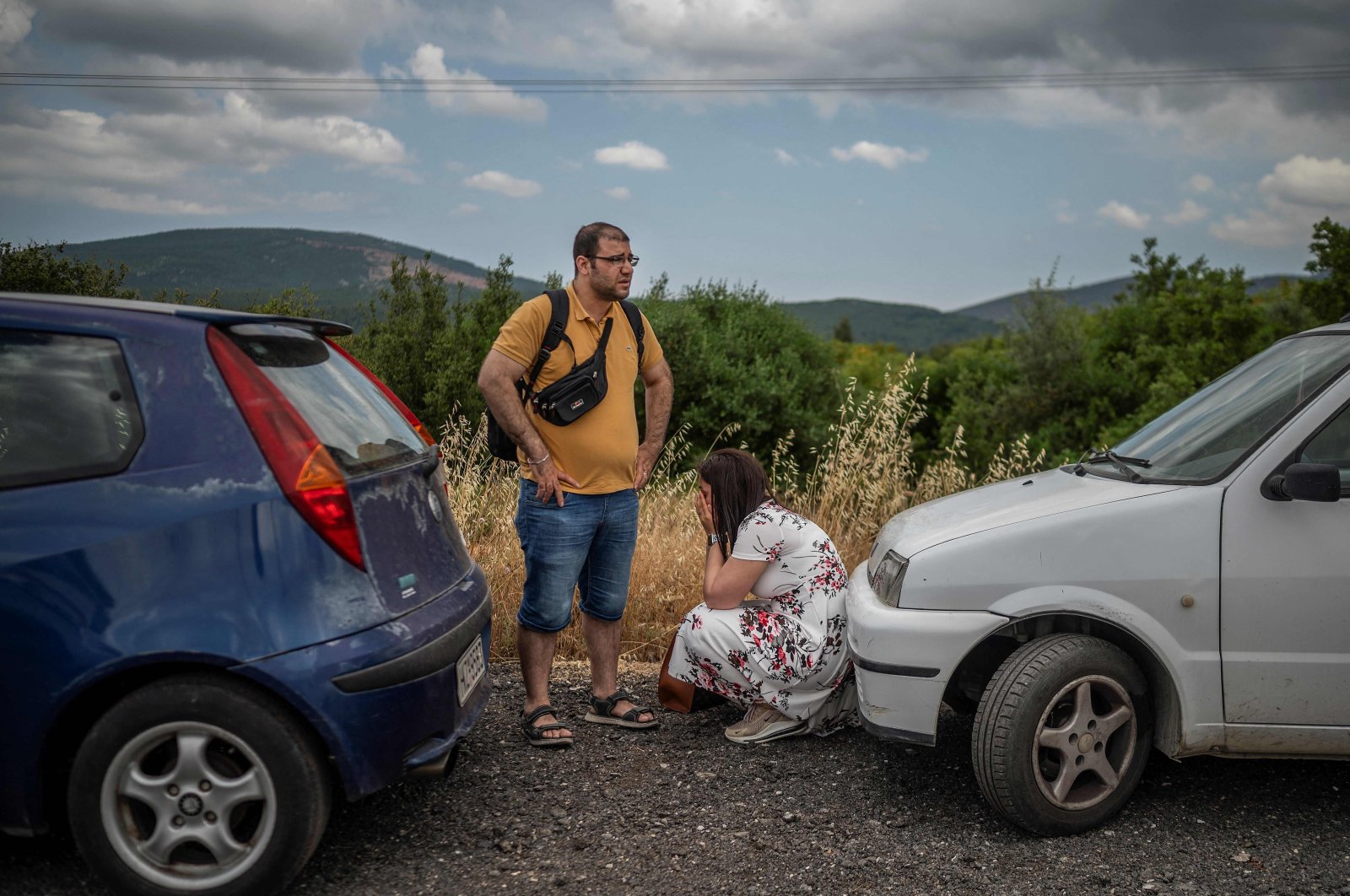
Greece's official account of the recent migrant boat tragedy that killed 81, while hundreds more remain missing, has come under scrutiny as more survivors claimed that the battered trawler had been under tow by another vessel just before it sank.
The new accounts raised further questions about the coast guard's response from the moment it located the ship until it went down. Officials in Athens have insisted that the metal fishing boat carrying migrants from Libya to Italy was at no point under tow, and only had a line briefly attached to it hours before it capsized and foundered.
The coast guard has also been widely criticized for not trying to rescue the migrants before their vessel sank. It argued that they refused any assistance and insisted on proceeding to Italy, adding that it would have been too dangerous to try and evacuate hundreds of unwilling people off an overcrowded ship. The full details of the incident remain unclear.
Ali Sheikhi, from war-ravaged Syria, had hoped the vessel would take him to a better life in Europe. Then, he would eventually bring over his wife and three young sons.
Instead, the ship sank in international waters two hours after midnight on June 14. Only 104 survivors have been found so far, and 81 bodies recovered. But many accounts – backed by Sheikhi – say up to 750 people were on board.
He told Syrian media that he and other relatives, including a younger brother who died, had agreed to pay smugglers $4,000 each for the trip – a sum later raised to $4,500.
"We said ‘no problem,’ so long as the boat was big and in good shape," he said late Sunday, speaking by phone from a closed reception center near Athens where survivors have been moved. "They told us we should not bring any food or anything else because it is all available on the boat."
The smugglers didn't let anyone bring lifejackets, and threw whatever food the passengers had into the sea, he added, echoing accounts from other survivors.
Sheikhi said he and his companions were directed to the ship's hold – a deathtrap where hundreds, including women and children, are believed to have drowned – but got onto the deck after paying extra money to the smugglers.
By the time the ship sank, they had been five days at sea. Water ran out after a day and a half, and some passengers resorted to drinking seawater.
Crucially, Sheikhi said the trawler went down after its engine broke down and another vessel tried to tow it.
"In the pulling, (the trawler) sank," he said. "We don’t know who it belonged to." Similar claims have been made by other survivors in accounts posted on social media, and other survivors were anonymously quoted in Syrian media Monday saying the ship was being towed.
"One side went up and the people fell from there into the sea," Sheikhi told Rudaw. "The people started to scream" in the dark. "Every person tried to hold on to the other and pull him under so he stayed above water. I thought then no one will survive."
Greek authorities have insisted that the ship wobbled violently before sinking after an abrupt shift in position by many of its passengers.
Asked about the incident as World Refugee Day was marked across the globe Tuesday, European Commission President Ursula von der Leyen said: "It is horrible... and the more urgent is that we act."
Von der Leyen, the head of the European Union's executive arm, said the EU should help African countries like Tunisia, where many migrants leave for Europe, to stabilize their economies, as well as finalize a long-awaited reform of the 27-nation bloc's asylum rules.
